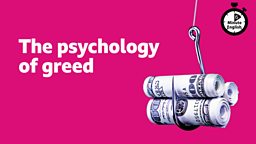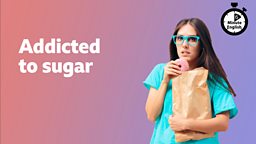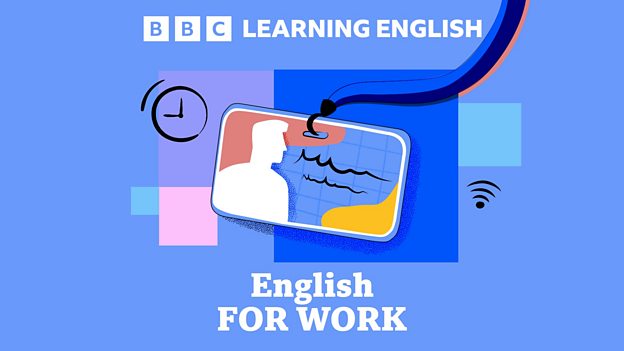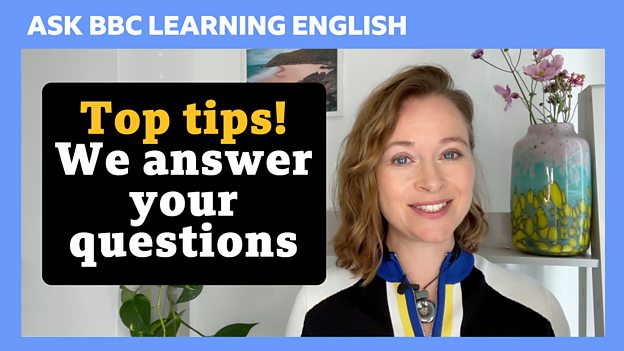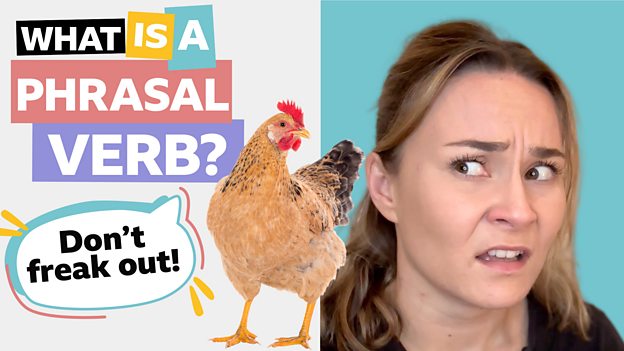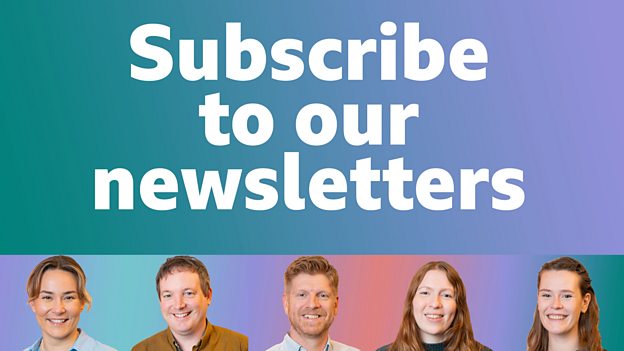6 Minute English
Intermediate level
The science of falling in love
Episode 240801 / 01 Aug 2024

_____________________________________________________________________________________________________
Download a free 6 Minute English worksheet!
Download a free transcript!
______________________________________________________________________________________________________
Try more episodes of 6 Minute English:
Introduction
What's really happening in our brain when we fall in love? Neil and Beth discuss the science of love and teach you some useful vocabulary.
This week's question
Chemically speaking, what happens when lovers look into each others’ eyes?
a) their body temperature increases?
b) their heartbeats harmonise? or,
c) the hairs stand up on the back of their neck?
Listen to the programme to hear the answer.
Vocabulary
head over heels
(idiom) be completely in love with somebody
lust
very strong feeling of sexual desire
asexual
not experiencing sexual attraction towards anyone of any gender
it’s fair to say
used to introduce a statement you believe to be true and reasonable
feel-good
making people feel happy and optimistic about life
stuck in a loop
unable to break the habit of repeating the same patterns of behaviour over and over again
TRANSCRIPT
Note: This is not a word-for-word transcript.
Neil
Hello. This is 6 Minute English from BBC Learning English. I’m Neil.
Beth
And I’m Beth.
Neil
‘Head over heels’, ‘butterflies in the tummy’, ‘the apple of my eye’ – in English there are many idioms to describe what it feels like to fall in love.
Beth
Aww, I didn’t know you were such a romantic, Neil! But do you know what’s actually happening in our brains when we fall in love? Because I’m sorry to say this, Neil, but it’s more about brain chemistry than romance – specifically hormones, chemical messengers which the body releases into the blood to control our growth, mood, and yes – falling in love.
Neil
Thanks for ruining my romantic ideas, Beth! And since my dreams are now shattered, why don’t we spend the rest of this programme finding out exactly what is going on inside our bodies and brains when we fall in love. And, of course, learn some useful new vocabulary too.
Beth
There’s no doubt that being in love has the health benefit of reducing stress, even lengthening your life, but the hormones which the brain releases have an immediate effect as well. So, chemically speaking, what happens when lovers look into each others’ eyes? Is it:
a) their body temperature increases?
b) their heartbeats harmonise? or,
c) the hairs stand up on the back of their neck?
Neil
Hmmm, is it… all three? No? OK then, I’ll guess it’s b) their heartbeats harmonise.
Beth
OK, we’ll find out if that’s correct at the end of the programme. According to Helen E Fisher, self-help author and anthropologist at Rutgers University, there are three aspects of romantic love. Here’s BBC Ideas to explain more:
Helen E Fisher
Often lust comes first, but not always. For some people who are asexual, it may not happen at all. But for those who do experience lust, it’s driven by the hormones oestrogen and testosterone. It may feel purely carnal, but in fact it's about the urge to mate and pass on your DNA via offspring. Without lust, it's fair to say our species would not survive.
Neil
Helen Fisher thinks the first aspect of love is purely physical – lust, the strong feeling of sexual desire for someone. Lust is driven by the hormones oestrogen in women, and testosterone in men. A few people are asexual, meaning they don’t feel sexual attraction for anyone of any gender.
Beth
Lust is hardwired into us through our DNA and it drives us to have children. Helen thinks it's fair to say that without lust, our species would not survive. Here, she uses the phrase it’s fair to say to introduce an idea she believes to be true and reasonable.
Neil
Of course, love is not just physical. Here’s BBC Ideas again to introduce Helen Fisher’s second aspect of love, attraction:
Helen E Fisher
The second aspect of romantic love is attraction, influenced by a neurotransmitter called dopamine. This is a feel-good substance released in our brain that is involved in driving us towards reward. Do something, get a dopamine hit, feel good. Eventually dopamine will push us toward repeating that behaviour. This is why intense attraction feels like an addiction to another human being. Some people get stuck in that loop, always chasing the dopamine-soaked excitement of a new relationship.
Beth
This time, the hormone responsible is dopamine, a neurotransmitter that rewards our attraction to someone with pleasurable feelings. That’s why dopamine is called a feel-good substance. The adjective feel-good can be used to describe anything causing happy and optimistic feelings about life, things like feel-good films or feel-good music.
Neil
Here, though, there’s a downside. The dopamine ‘hit’ of sexual attraction feels so good, we crave it more and more. Some people are always chasing the next relationship to get a new ‘hit’ of pleasure, and soon become stuck in a loop – an idiom meaning they’re unable to break the habit of repeating the same patterns of behaviour over and over again.
Beth
It’s fascinating to see the power which hormones have over us, but if you’re an old-fashioned romantic like Neil, don’t despair. And speaking as a romantic, how about the answer to my question…
Neil
Right, you asked me about the effect on the body when two lovers look deep into each others’ eyes. I guessed it was that their heartbeats harmonise.
Beth
Which was… the correct answer! In experiments, looking into the eyes produced hormones causing couple’s hearts to beat in time. OK, let’s recap the vocabulary we've learned in this programme starting with the idiom head over heels – to be completely in love with someone.
Neil
Lust is a very strong feeling of sexual desire.
Beth
Someone who is asexual does not feel sexual attraction towards anyone of any gender.
Neil
The phrase, it’s fair to say, is used to introduce a statement you believe to be true and reasonable.
Beth
The adjective feel-good describes something which makes people feel happy and optimistic.
Neil
And finally, the idiom stuck in a loop describes someone unable to break the habit of repeating the same negative patterns of behaviour over and over again. Once again our six minutes are up, but remember to join us again next time for more topical discussion and useful vocabulary here at 6 Minute English. Goodbye for now!
Beth
Bye!
For more interesting topics from BBC Ideas, click here.
Latest 6 Minute English
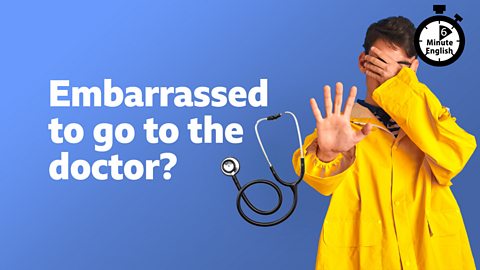
Embarrassed to go to the doctor?
Episode 241226 / 26 Dec 2024
Have you ever been embarrassed to go to the doctor?
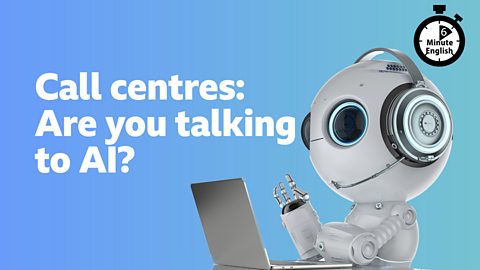
Call centres: Are you talking to AI?
Episode 241219 / 19 Dec 2024
Have you ever phoned up a company and had your call held in a queue? Could AI make this less painful?

Making 'mum friends'
Episode 241212 / 12 Dec 2024
Is making new ‘mum friends’ the positive experience it’s often described as?
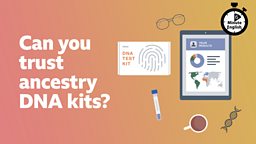
Can you trust ancestry DNA kits?
Episode 241205 / 05 Dec 2024
Are DNA ancestry tests a reliable way to trace your ancestry?
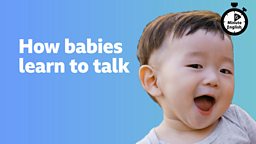
How babies learn to talk
Episode 241128 / 28 Nov 2024
What do babies need to learn to do to be able to talk?
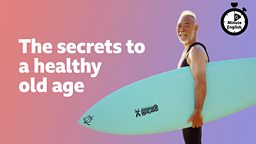

The bond between sisters
Episode 241114 / 14 Nov 2024
Are the stereotypes about older and younger sisters true?


Why you need a good night's sleep
Episode 241031 / 31 Oct 2024
Why is it so important to get a good night's sleep?

Divorce: Why does it happen?
Episode 241024 / 24 Oct 2024
How is divorce talked about in different countries?

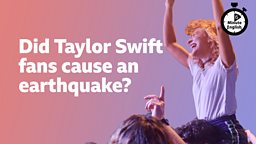
Did Taylor Swift fans cause an earthquake?
Episode 241010 / 10 Oct 2024
Did Taylor Swift move the Earth?
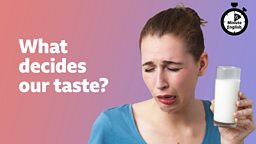
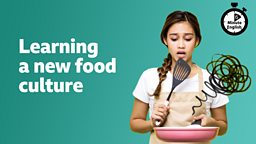
Learning a new food culture
Episode 240926 / 26 Sep 2024
Would you find it different to adapt to a new food culture?

Saving water in the driest place on Earth
Episode 240919 / 19 Sep 2024
How do farmers in the driest place on Earth manage to grow crops? With this solution!
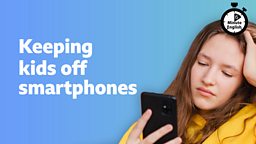
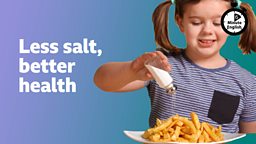
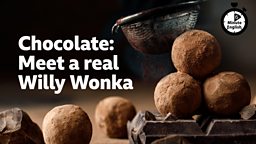
Chocolate: Meet a real Willy Wonka
Episode 240829 / 29 Aug 2024
Would you like to be a chocolate maker, like Roald Dahl's Willy Wonka?
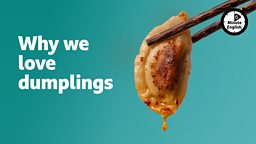
Why we love dumplings
Episode 240822 / 22 Aug 2024
Warning! This episode might make you very hungry...
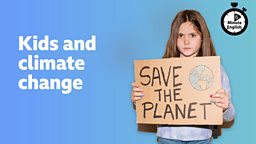
Kids and climate change
Episode 240815 / 15 Aug 2024
What are young people's thoughts on climate change?

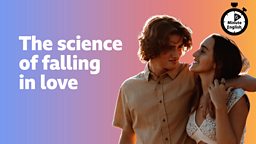
The science of falling in love
Episode 240801 / 01 Aug 2024
What's really happening in our brain when we fall in love?
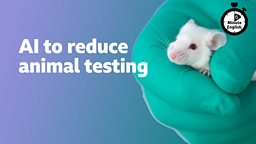
AI to reduce animal testing
Episode 240718 / 18 Jul 2024
Could AI reduce the need for animal testing?

Why read books, not screens?
Episode 240718 / 25 Jul 2024
Why is it better to read from a book than a screen?
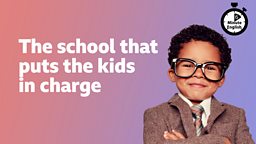
The school that puts the kids in charge
Episode 240711 / 11 Jul 2024
What happens when you put the kids in charge of the school?

What can we learn from toddlers?
Episode 240704 / 04 Jul 2024
Learn to speak to yourself in the way that toddlers do!
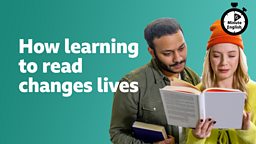
How learning to read changes lives
Episode 240627 / 27 Jun 2024
How can literacy change people's lives?

Building a better world with wood?
Episode 240620 / 20 Jun 2024
How can buildings made from wood help our mental health?
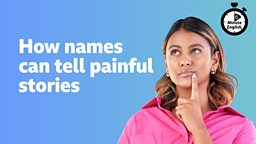
How names can tell painful stories
Episode 240613 / 13 Jun 2024
Could our name have painful baggage?

E-rickshaws driving away pollution
Episode 240606 / 06 Jun 2024
Could E-rickshaws give us cleaner air?

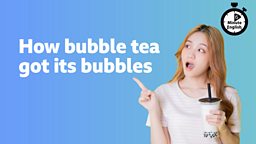

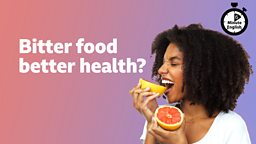
Bitter food, better health?
Episode 240509 / 09 May 2024
Could bitter foods be better for your health?
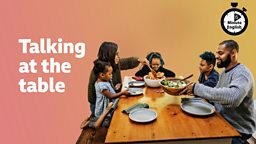


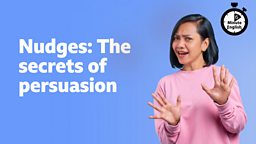

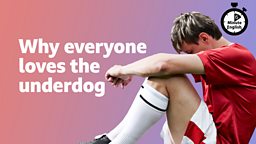

Disability in music and theatre
Episode 240321 / 21 Mar 2024
Learn about the people who are making it easier for disabled musicians and music fans to perform and see live music

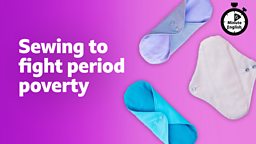
Sewing to fight period poverty
Episode 240307 / 07 Mar 2024
Period poverty affects over 500 million people worldwide. How can a volunteer project help?
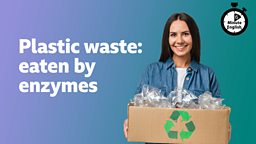
Plastic waste eaten by enzymes
Episode 240229 / 29 Feb 2024
Plastics can be difficult to recycle. Could a recently discovered enzyme help?
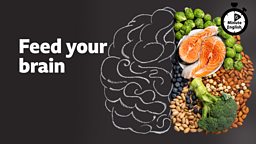
Feed your brain
Episode 240222 / 22 Feb 2024
Food is fuel for our brains. So, what should we be eating?
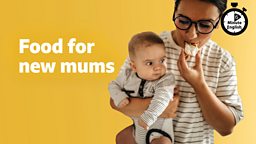
Food for new mums
Episode 240215 / 15 Feb 2024
Having a baby is exhausting! What do mothers need to eat after giving birth?
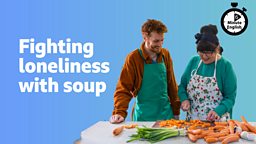
Fighting loneliness with soup
Episode 240208 / 08 Feb 2024
Hear how a project in the Netherlands is helping in the fight against loneliness

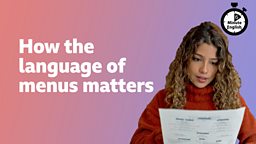
How the language of menus matters
Episode 240125 / 25 Jan 2024
Why is the language used on menus important?
